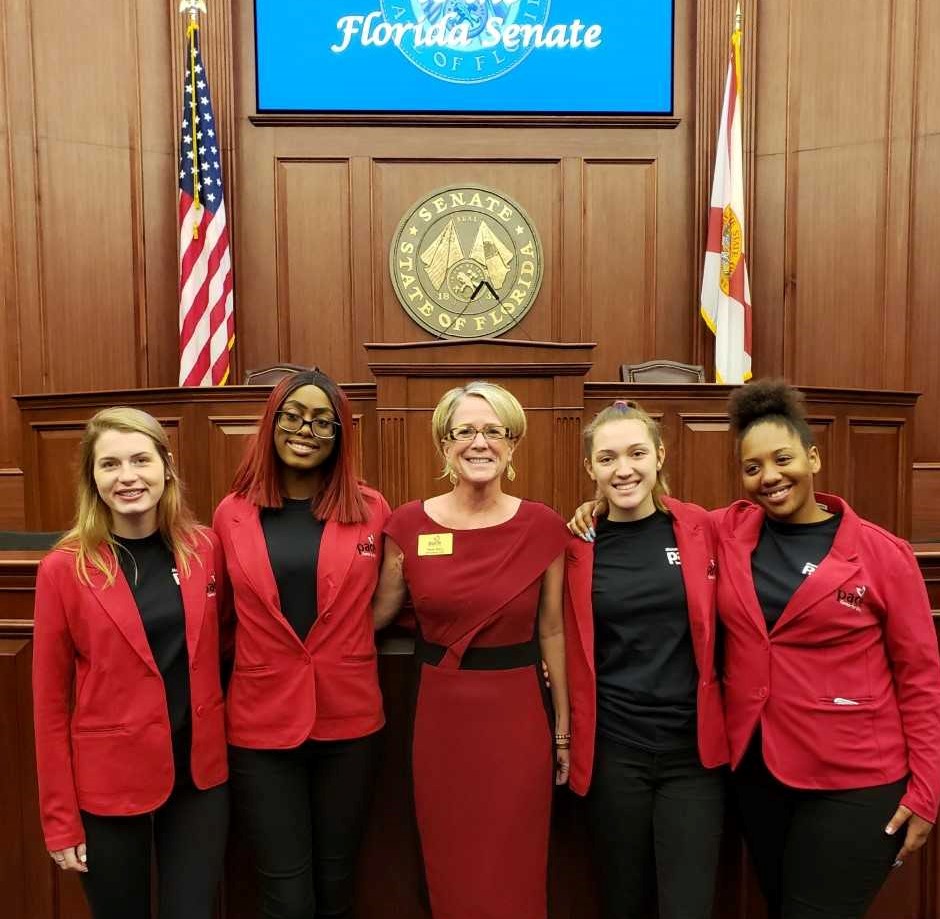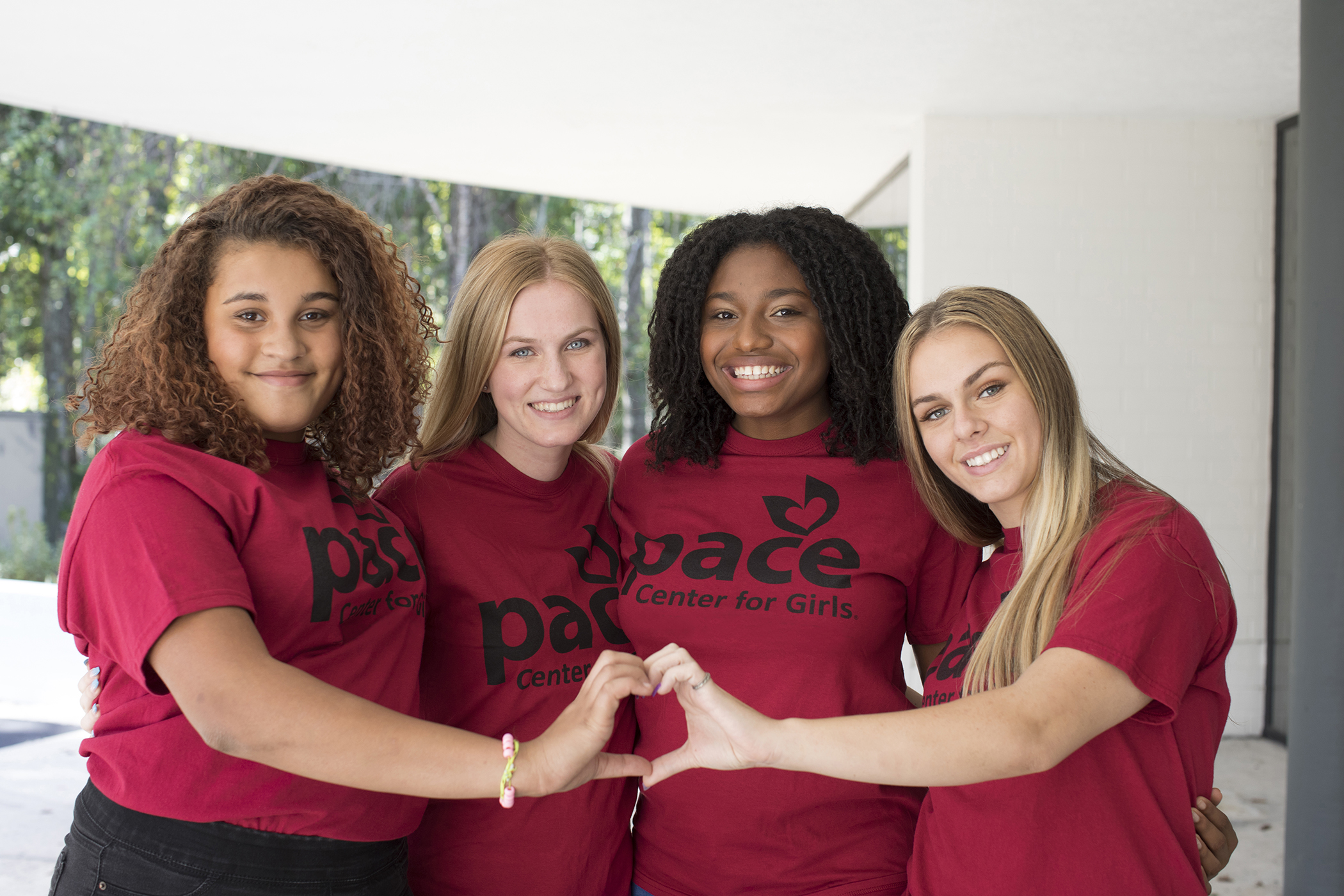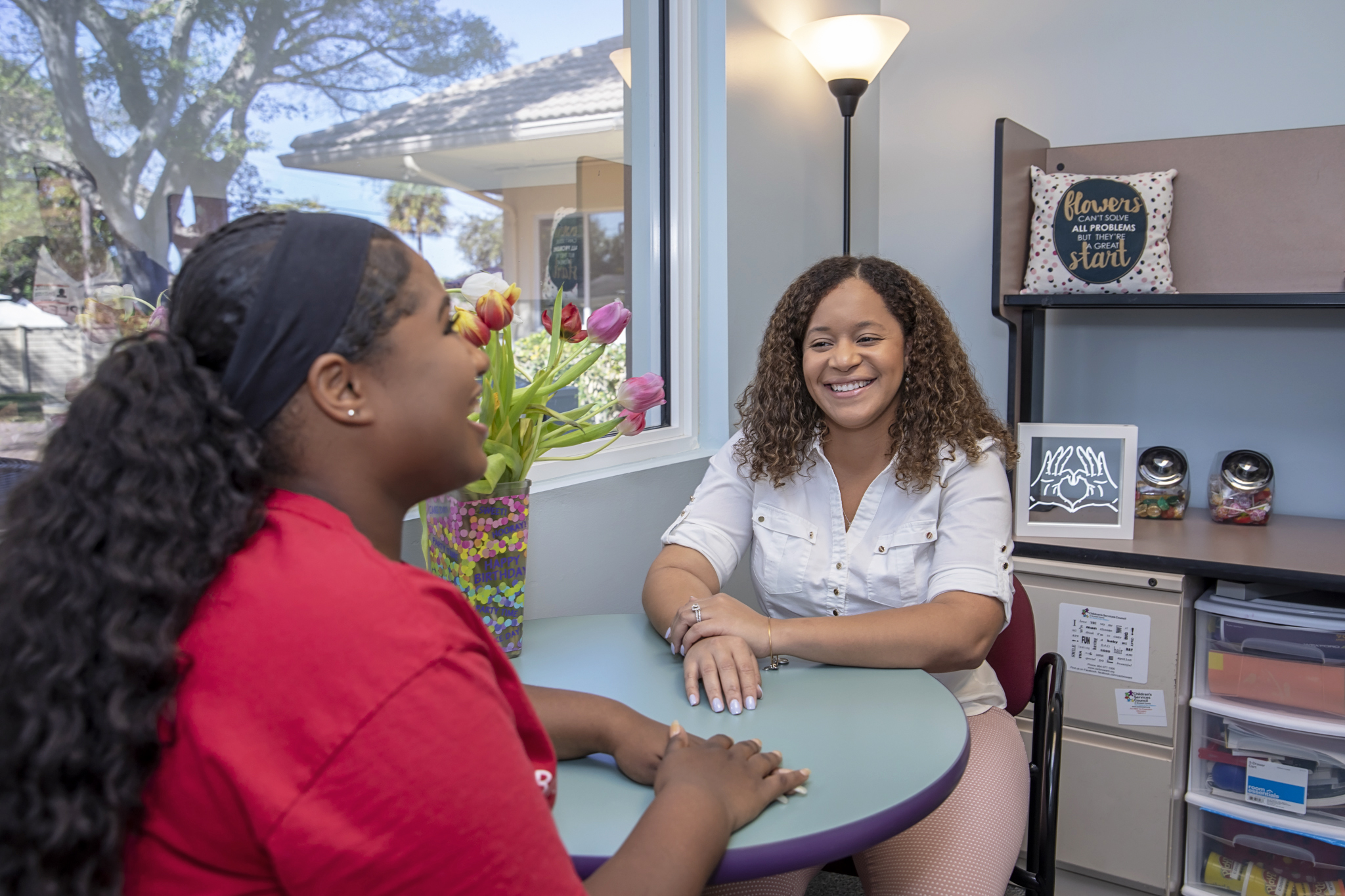October is Youth Justice Action Month (YJAM), hosted by the Coalition for Juvenile Justice and the National Juvenile Justice Network. This month, commemorated since 2008, encourages action to raise awareness and educate the public about the impact of the justice system on children. The topics of this year’s YJAM included policies to keep youth out of the justice system, ending the treatment of youth as adults, and investing in families and communities to prevent youth detention and incarceration.
We are proud to join the fight to create a world where all girls and young women have power, in a just and equitable society. We advocate for legislation that develops comprehensive systems of care for girls at risk of delinquency and sexual exploitation; provides access to comprehensive wrap-around services, including well-being and mental health; and removes barriers to education and employment for girls.
These efforts include eliminating gender and racial inequities in the juvenile justice system and ending the direct filing of children in the adult corrections system, which can lead to more serious harm and trauma. Our focus also includes expanding the use of civil citations and other diversion programs that steer youth away from the justice system, while also ensuring these opportunities are provided to all youth equitably, regardless of race and location. Additionally, we support expanding the ability to expunge juvenile arrest records after the completion of a diversion program, which holds youth accountable for their actions without jeopardizing public safety.
We partner with the Florida legislature and state agencies to provide holistic delinquency prevention and early intervention model that diverts girls from costly systems involvement and guides them toward a path to success at home, in school, and in their communities. For more information about YJAM and reforming the youth criminal justice system, visit the Coalition for Juvenile justice at www.juvjustice.org and the National Juvenile Justice Network at www.njjn.org.




